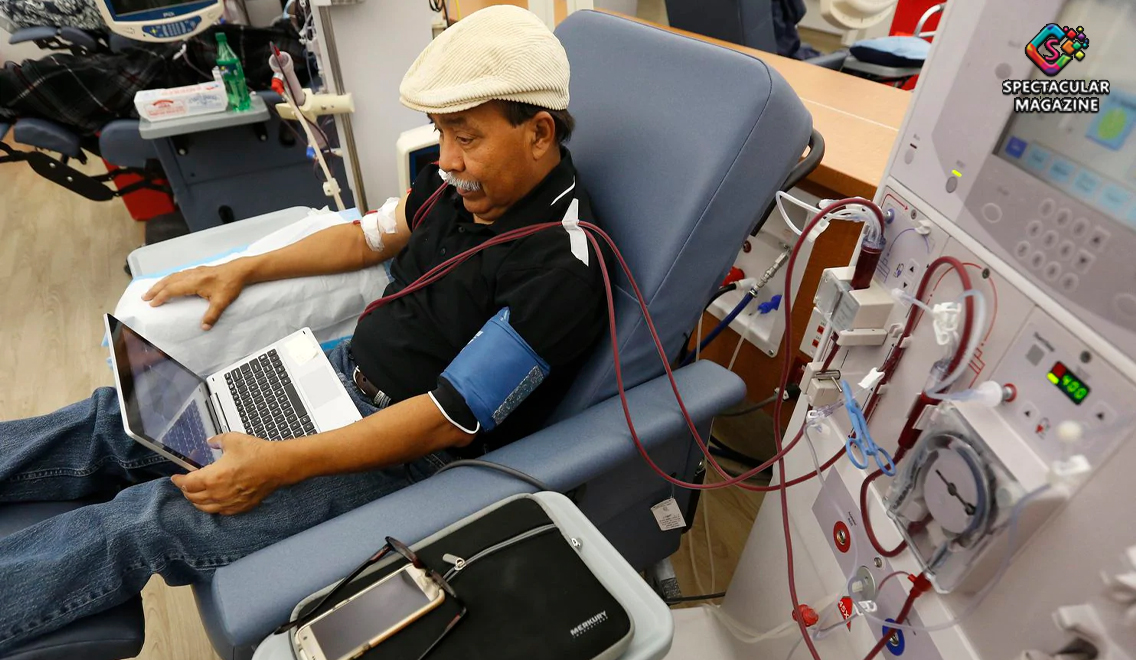Study: Many Patients With Kidney Failure Regret Initiating Dialysis
Washington, DC — Results from a new study indicate that many patients with kidney failure regret initiating dialysis, and those who choose dialysis to please their doctors or family members may be more likely to experience regret. The findings appear in an upcoming issue of Clinical Journal of the American Society of Nephrology (CJASN).
Sometimes patients experience regret when they reflect on a decision they’ve made about their medical care, and this can negatively affect their quality of life. For patients with kidney failure who cannot receive a transplant and are contemplating dialysis, it’s important to have discussions with kidney specialists and other experts who can explain the impacts that dialysis may have on their lives.

Because few studies have examined regret in patients after they’ve started dialysis as a treatment for kidney failure, a team led by Fahad Saeed, MD (University of Rochester Medical Center) and Paul R. Duberstein, Ph.D. (Rutgers School of Public Health) analyzed survey responses related to regret in patients receiving maintenance dialysis from 7 dialysis units in the Cleveland, Ohio area.
Eighty-two of 397 respondents (21%) reported regret that they decided to initiate dialysis. There were no significant demographic factors linked with regret. Regret was more common when patients reported choosing dialysis to please doctors or family members. Patients who reported discussing life expectancy with their doctors and those who had completed a living will be less likely to report regret that they started dialysis.
“Three strategies to mitigate regret in patients with kidney failure are: the public should be educated about alternatives to dialysis, such as conservative management or active medical management without dialysis; nephrologists should give patients and family members detailed information about life expectancy and quality of life with and without dialysis to help patients and family members decide whether to start dialysis; and patients should talk with their doctors about their life expectancy and complete a living will,” said Dr. Saeed.
Study co-authors include Susan A. Ladwig, MPH, Ronald M. Epstein, MD, and Rebeca Monk, MD.
Disclosures: Dr. Saeed is a recipient of the University of Rochester CTSI KL2 award, Carl W. Gottschalk Research Scholar Grant, and a grant by the Renal Research Institute. The authors reported no other financial disclosures.
The article, entitled “Dialysis Regret: Prevalence and Correlates,” will appear online at http://cjasn.asnjournals.org/ on June 4, 2020, doi: 10.2215/CJN.13781119.
Since 1966, ASN has been leading the fight to prevent, treat, and cure kidney diseases throughout the world by educating health professionals and scientists, advancing research and innovation, communicating new knowledge, and advocating for the highest quality care for patients. ASN has more than 21,000 members representing 131 countries. For more information, visit www.asn-online.org.


